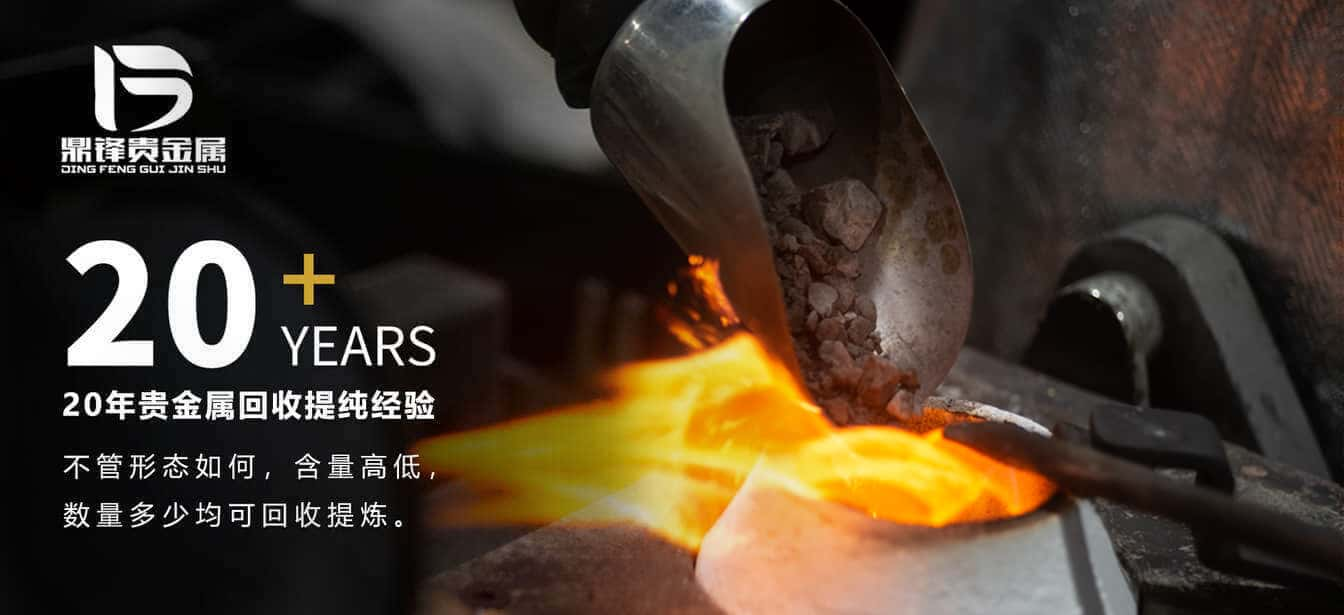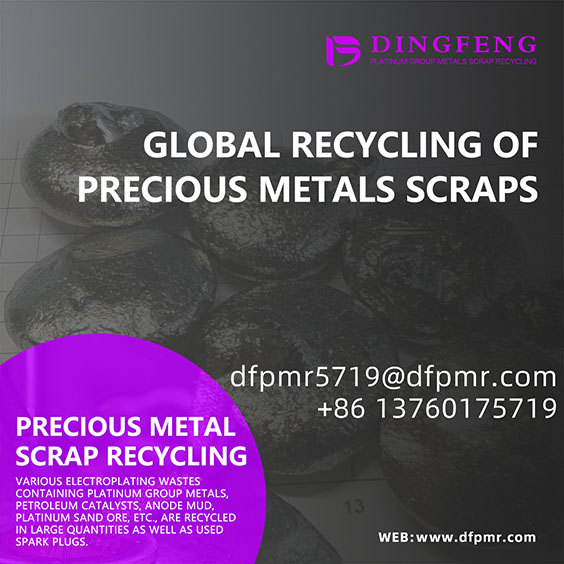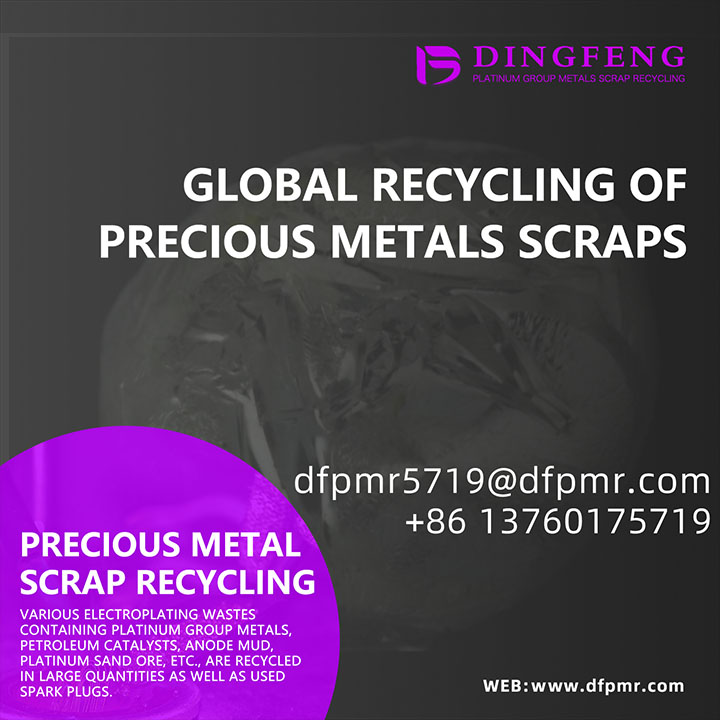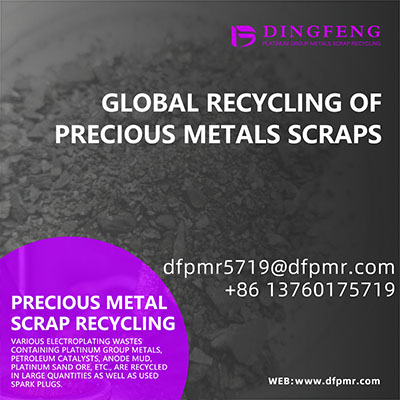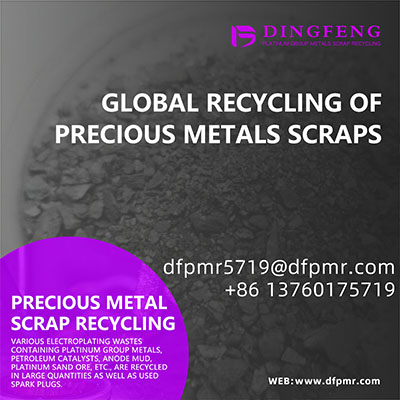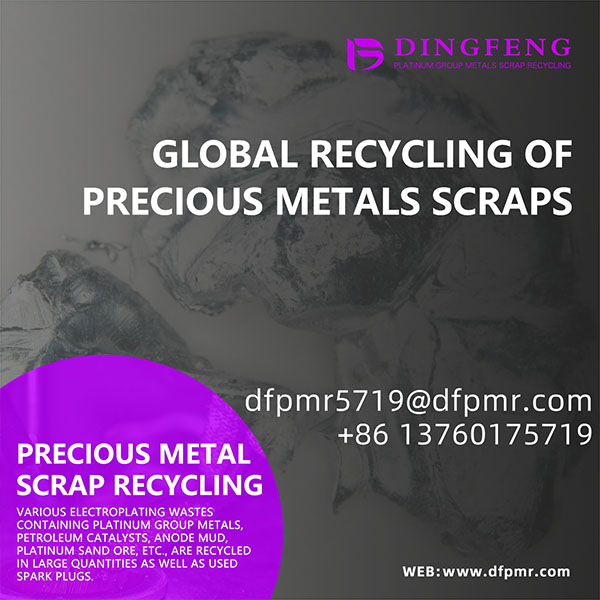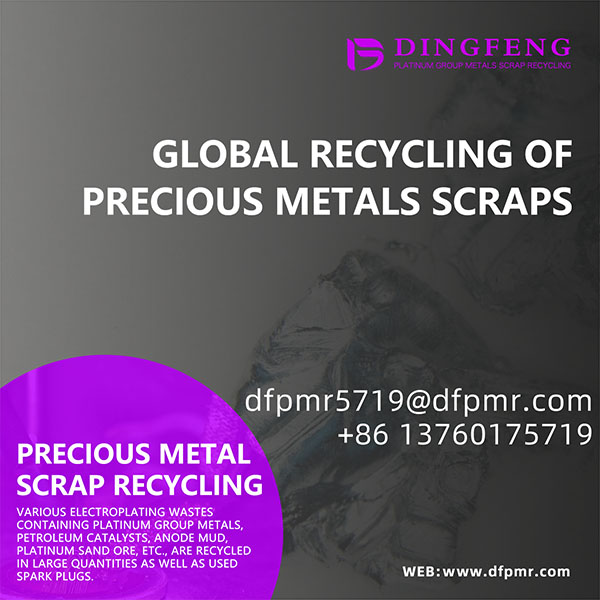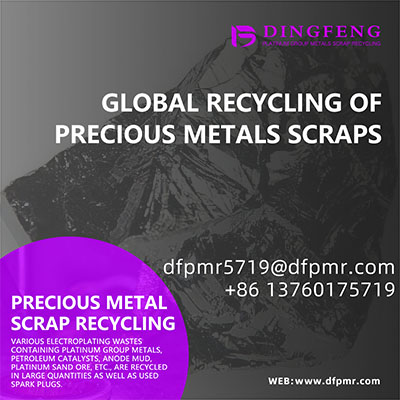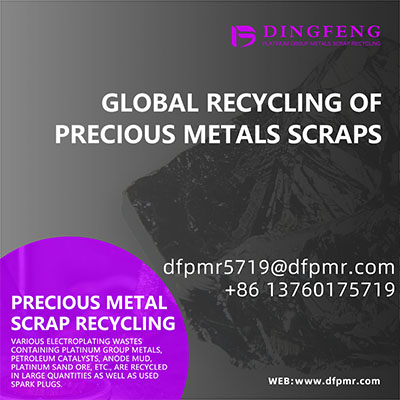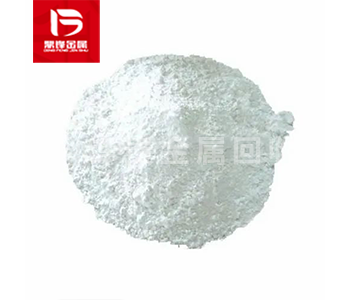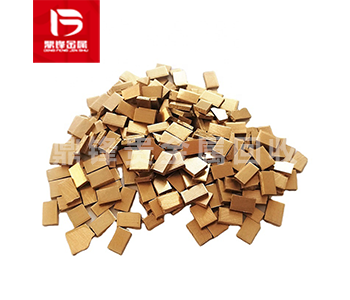Germanium recovery_ Where did germanium apply? What are the recycling methods for germanium?
Germanium application field: 1. Electronics: Germanium is an element that paves the way for modern electronics. It was used in the first batch of solid-state transistors, which brought revolutionary c
Germanium application field: 1. Electronics: Germanium is an element that paves the way for modern electronics. It was used in the first batch of solid-state transistors, which brought revolutionary changes to the electronics industry. Germanium is used as a substrate for the production of semiconductors for electronic devices such as diodes, transistors, and photoconductors.
2. Fiber: Germanium is used in the production of optical fibers due to its high refractive index and low dispersion. It is used as the core material for optical cables, transmitting information through the use of optical signals.
3. Solar cells: Germanium solar cells have higher efficiency than silicon based solar cells. Germanium solar cells more effectively convert sunlight into electricity, making them a better choice for space solar panels and centralized photovoltaic systems.
4. Infrared lens: Germanium has a high refractive index and is an excellent material for making infrared lenses. Infrared lenses made of germanium are used in Missile guidance systems, thermal imaging cameras and Night-vision device.
5. Drugs: People have studied the potential of germanium compounds in the treatment of certain types of cancer, as they can enhance immune function and kill cancer cells.
6. Metallurgy: Germanium is also used in metallurgy, especially in alloy production. It can be used to harden copper and enhance the properties of other metals such as zinc and aluminum.
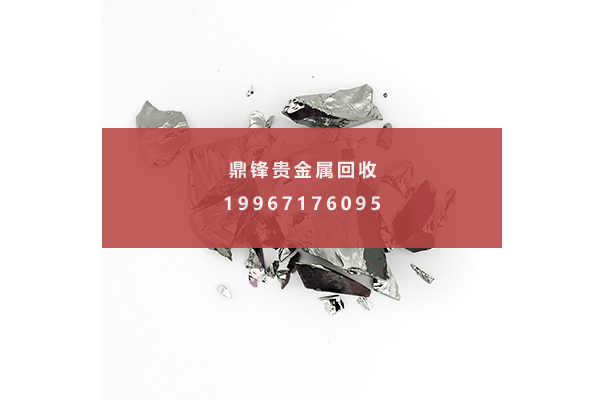
The recovery route of germanium:
1. The first source of recovered germanium is electronic waste, which contains a large amount of germanium in the form of printed circuit boards and other components. Recycling germanium from electronic waste includes disassembling components and then conducting a selective leaching process. This can be achieved by using acids such as hydrochloric acid or sulfuric acid, which can selectively dissolve germanium. 2. Another source of germanium recovery is sludge generated during the production of zinc and copper. These sludges contain a large amount of germanium, which can be extracted using leaching agents such as sulfuric acid. Then, a series of precipitation or electrowinning steps are used to purify the leaching solution.
Germanium recovery involves the extraction of germanium from various secondary sources, such as coal fly ash, Electronic waste and sludge for the production of zinc and copper. These sources contain a large amount of germanium that is currently discarded or underutilized. Recovering germanium from these secondary sources requires several steps. The first step is to pre-treat the raw materials, which includes separating components rich in germanium. Then there is the leaching process, using appropriate leaching agents to extract germanium from the material. Then, a series of purification steps are carried out on the leaching solution to remove impurities and other metal ions. Finally, perform electrowinning or precipitation on the purified germanium solution to obtain the required metals. Recycling germanium from secondary resources not only helps to protect natural resources, but also helps to reduce the environmental impact of mining and refining processes. With the increasing demand for germanium in various industries, recycling germanium from secondary sources has become a feasible and sustainable option to meet global demand for this key element.
&Quot; Dingfeng Precious Metals Recycling includes precious metals such as gold, silver, palladium, rhodium, platinum, germanium, iridium, ruthenium, etc. This is our business in precious metal recycling. If you have precious metals such as gold, silver, palladium, rhodium, platinum, germanium, iridium, ruthenium that need to be recycled, please contact us and we will provide you with a satisfactory price& Quot;
